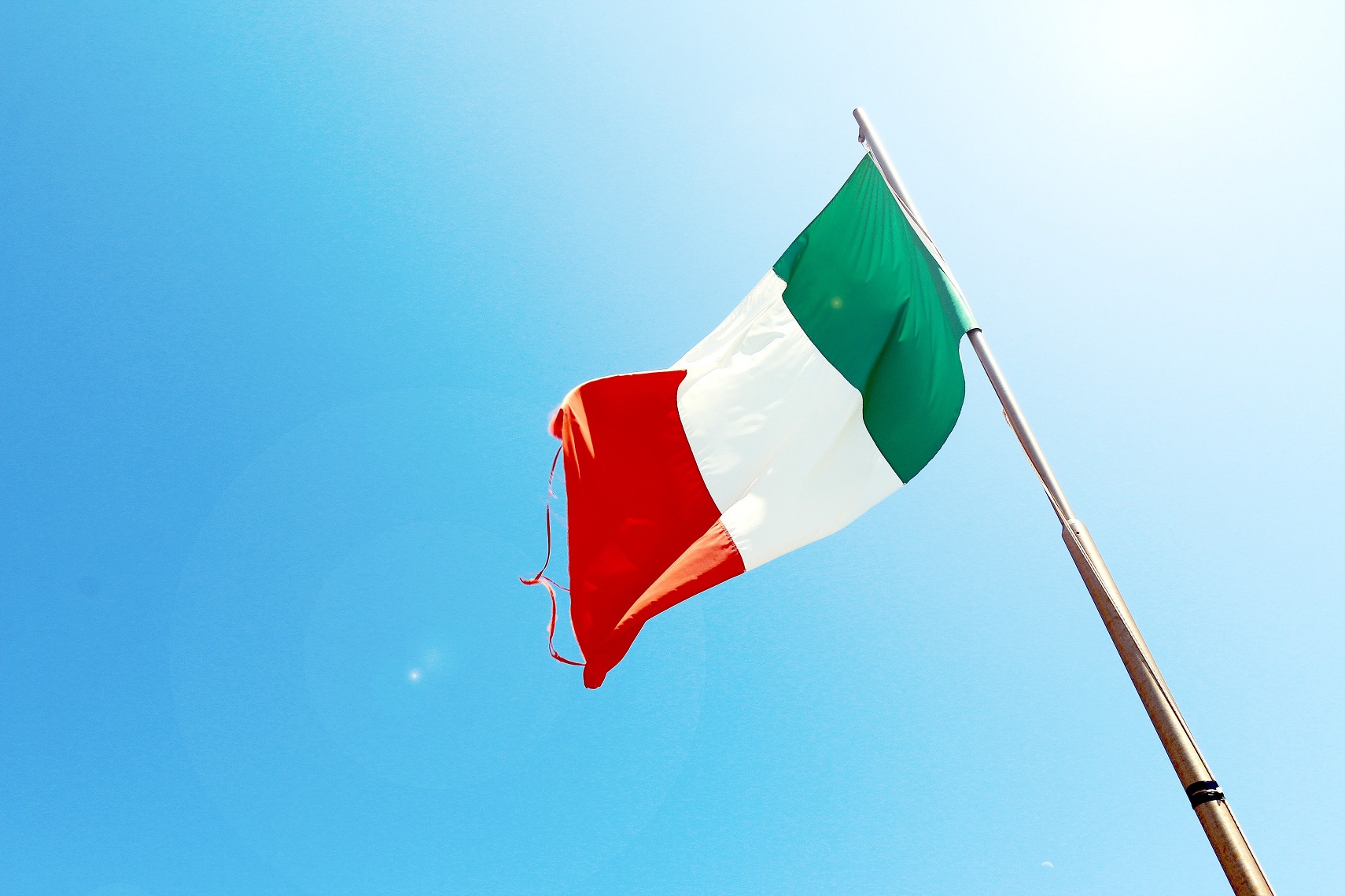The Italian government has established a blockchain advisory board comprising of 30 experts with knowledge of the industry and related fields. The board will examine use cases for the technology in both the private and public sectors.
In December 2018, Italy was one of seven EU members that signed a declaration to incorporate blockchain technology into its economy. The nation’s Ministry of Economic Development released a list of these experts whose backgrounds span a variety of fields, including business, technology and law.
Members of the advisory board include Angiolini Giorgio, marketing portfolio head at Italtel and member of UN INFO’s blockchain group; Monaco Marco, leader of blockchain competence center of PwC Italy; and Pimpinella Martino Maurizio, president of the Italian Association of Paying Services Providers.
Last year, Italy’s Deputy Prime Minister Luigi Di Maio took note of the way emerging technologies may shape our lives:
Emerging technologies such as artificial intelligence and blockchain are destined to radically change our lives, the society in which we live and the economic and productive fabric of the country. We have to decide which way to go.
Governmental authorities have previously mentioned that blockchain could be considered for voting procedures, with former party leader of MS5 Giuseppe Piero Grillo saying:
We’re working on a project, the so-called Blockchain for the encrypted information. It is very interesting – you have an algorithm and there are no intermediaries. If the Blockchain could be used in politics that would be very interesting, so if a parliament member you voted for does not follow the program he or she would be automatically expelled.
While hopeful about blockchain’s potential in various applications, experts are also reserved – hence, the advisory board.
Lorenzo Giustozzi, Director of the BlockchainEdu Association, said:
It is difficult to say what the real applications of this technology will be. We are certain about the world of payments, which is already being revolutionized by this new technology, but the experimentation of using public and private networks on other sectors are countless, including voting, identification, securing the supply chain, and data management.
The EU Has Been Getting More Involved with Blockchain
The European Union has taken several steps towards implementing blockchain technology in the economies of its member states. Italy was the 27th member to join the European Blockchain Agreement.
Earlier, the EU had formed a Blockchain Observatory and Forum with the mission of promoting blockchain in Europe “by mapping existing blockchain initiatives, analyzing and reporting on important blockchain themes, promoting blockchain education and knowledge sharing and holding events to promote debate and discussion.”

